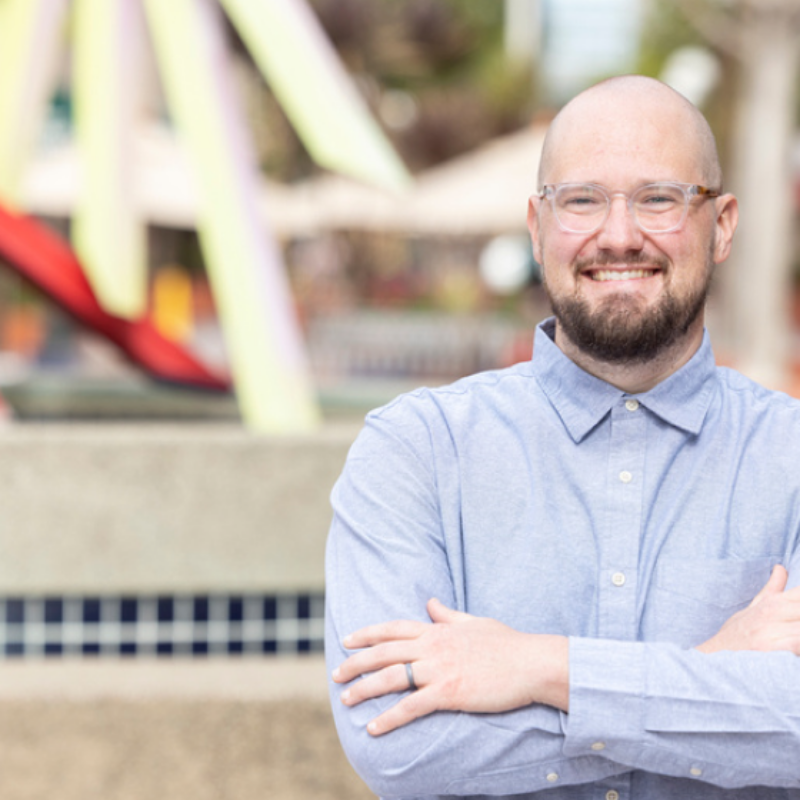Living in a place like California, many of us have heard the term food desert. This is often used to describe a place that has limited access to food. These areas are often many miles away from the nearest grocery store or have limited access to healthy and nutritious foods.
It is a sad reality to learn about — and unfortunately, it is often by design. But there is research that suggests that another term may be more appropriate – food apartheid. On the heels of Hunger Action Month, this issue requires our undivided attention.
According to the Global Center for Climate Justice, food apartheid is an issue that has been around for a long time. Often, it takes place in low-income areas and in communities of color. These communities have experienced many injustices that limit access to healthy and natural food to both grow and sell to the people who live there.
It may be surprising to learn that lack of food in certain areas of California is intentional. There are large corporations that target (or many times ignore) specific parts of the state in which food and access to it is limited.
So then, what if addressing the problem requires just as much planning and care?
In response to food apartheid, there is a food sovereignty movement that has gained popularity. This movement is working to encourage local farming within these oft-forgotten communities. By supporting farmers in these communities, this helps to fight back against much of the food apartheid taking place. As a result, communities are encouraged to embrace the right to determine how their food is grown and sold. This gives more access to affordable home-grown food to the people who need it.
As part of this year’s Cole’s Fund grantmaking at The California Wellness Foundation (learn more about Cole’s Fund here), I had the opportunity to study the response to food apartheid. In my research, I had the privilege of learning about and recommending two small organizations that are prioritizing food justice in parts of California that are often forgotten. These organizations are taking back control of their food.
Located in Ventura County, Saticoy Food Hub is living its mission by creating programs and services for the city of Saticoy’s unhoused, undocumented, kitchen-less, senior, low-income, and BIPOC community members. They also serve multi-family and multi-generational households. The services they provide include a Saticoy “community fridge,” which is an actual refrigerator at a local food pantry location that provides community members a space to come and take free, natural, nutritious food that they need when they need it. Saticoy Food Hub has also recently started a monthly farmer’s market, where local farmers can sell their food to their own community at low costs. This provides long-term well-being and food access to both buyers and sellers.
(Story continues below)

